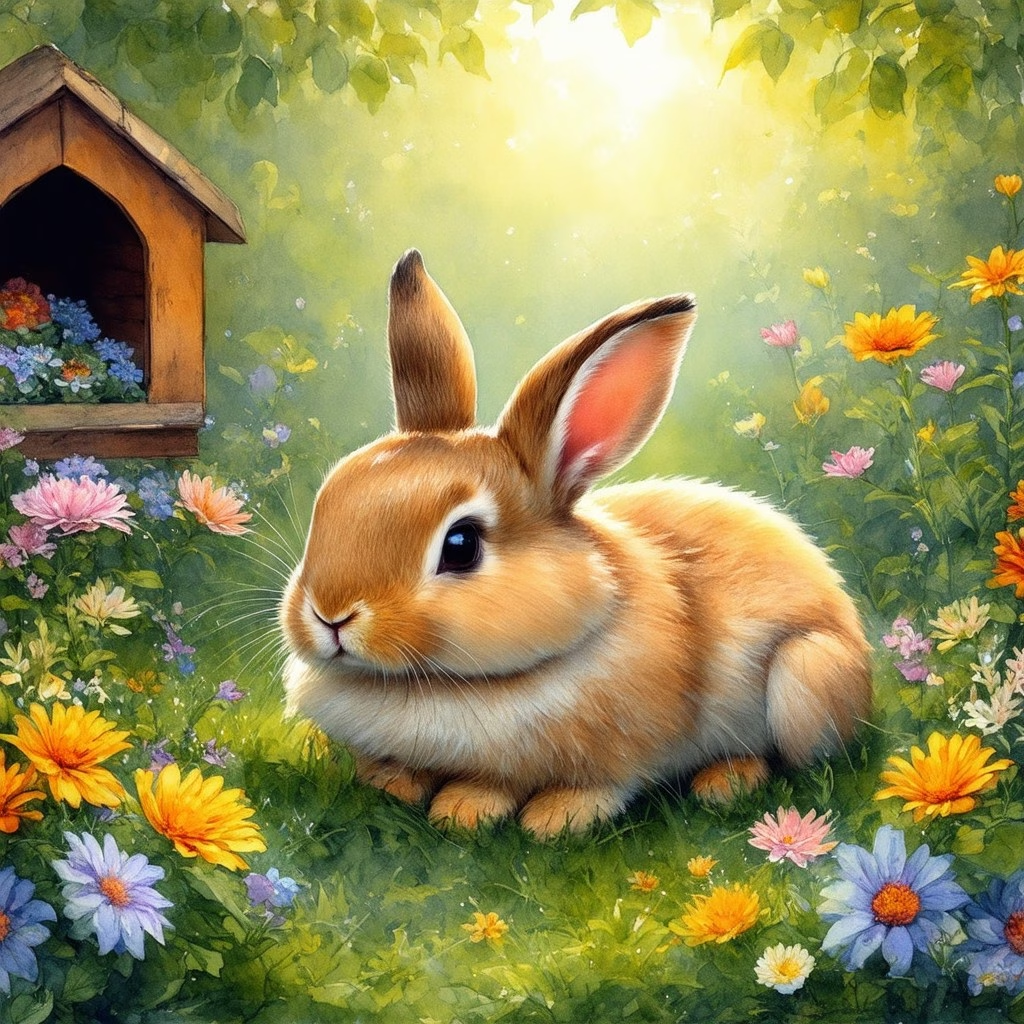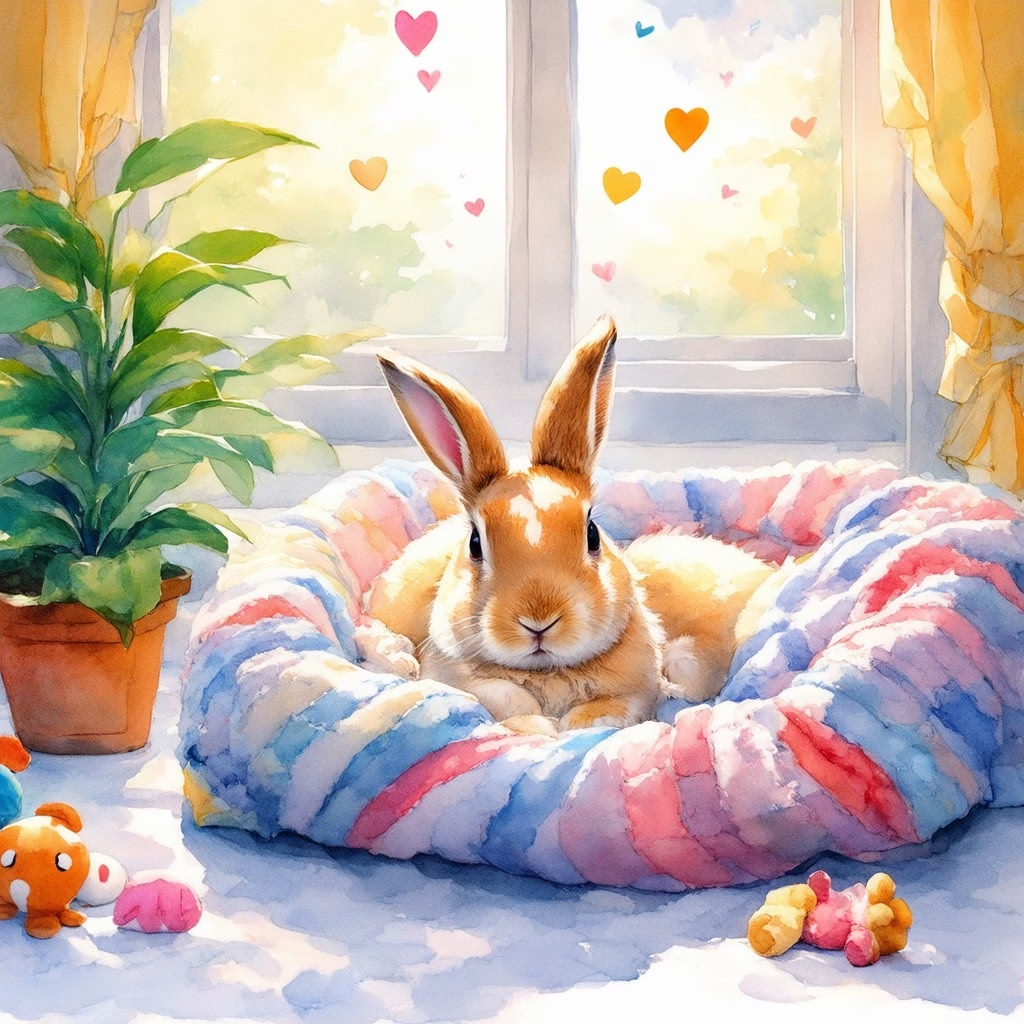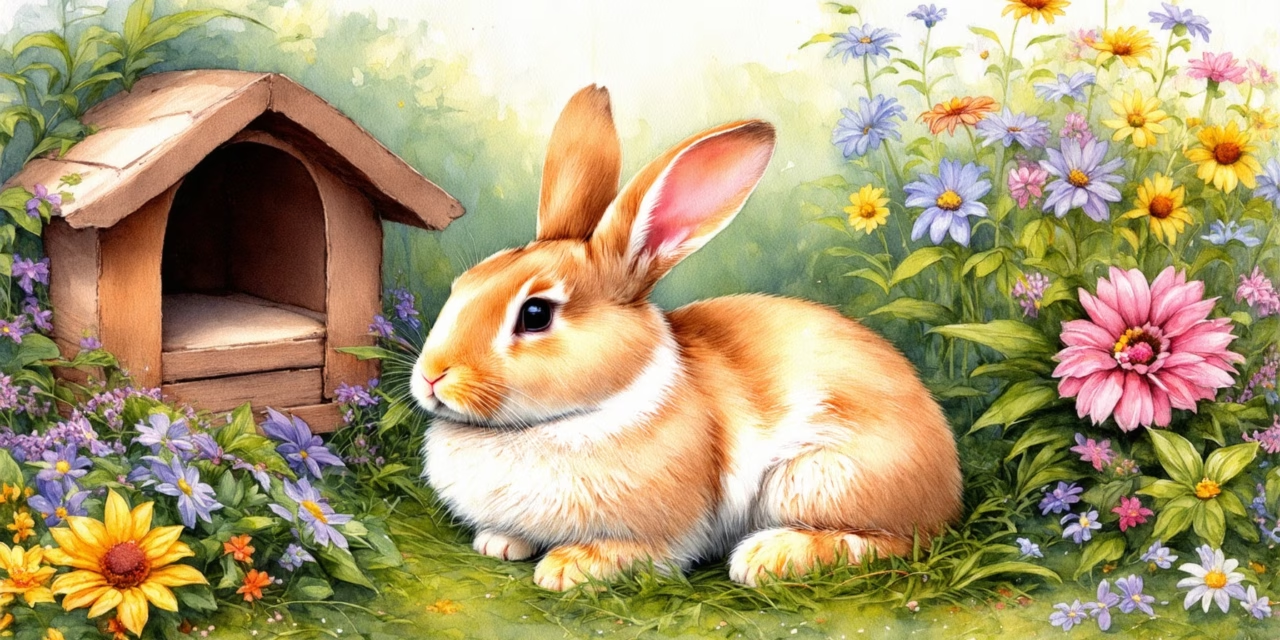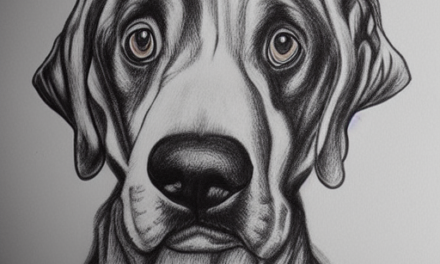Key Takeaways
- Affectionate Companions: Pet rabbits are known for their playful and affectionate nature, making them wonderful companions for families and individuals alike.
- Cost-Effective Ownership: Rabbits generally have lower initial costs and ongoing expenses compared to many other pets, making them an affordable choice.
- Adaptability: They can thrive in various living environments, from apartments to houses, as long as they have enough space to exercise.
- Social Needs: Rabbits are social animals that require daily interaction and companionship to prevent loneliness and behavioral issues.
- Specialized Care: Understanding their dietary needs and health care requirements is crucial for ensuring a long and healthy life.
- Long-Term Commitment: With a lifespan of 8 to 12 years, potential owners should be prepared for the responsibility of caring for a rabbit throughout its life.
- Space Requirements: Adequate space for hopping and exploring is essential for a rabbit’s well-being, so proper housing is necessary.
- Training Potential: Rabbits can be litter trained and can learn tricks, providing mental stimulation and enhancing the owner-pet bond.
Are you considering adding a pet rabbit to your family? This article will guide you through the essential aspects of rabbit ownership, helping you determine if a bunny is the right companion for you. From understanding the benefits of having a pet rabbit to exploring their lifespan and care needs, we’ll cover everything you need to know. We’ll delve into the independence of rabbits, how to create a comfortable environment for your furry friend, and the costs associated with bringing a rabbit into your home. Additionally, we’ll discuss common challenges and the commitment required for rabbits as pets. By the end of this article, you’ll have a comprehensive understanding of what it takes to care for a rabbit, ensuring you make an informed decision about welcoming a bunny into your life.
Understanding the Benefits of Having a Pet Rabbit
Rabbits can make excellent pets for various reasons, but potential owners should consider several factors before making a commitment:
- Affectionate and Playful: Rabbits are known for their affectionate nature and can form strong bonds with their owners. They often enjoy interactive play, which can enhance the owner-pet relationship.
- Affordable: Compared to many other pets, rabbits are generally less expensive to purchase and maintain. Initial costs may include the rabbit itself, a suitable enclosure, and basic supplies.
- Adaptable: Rabbits can thrive in various living environments, including apartments and small homes, provided they have enough space to exercise and explore.
- Cleanliness: Rabbits are naturally clean animals and can be easily litter-box trained, making them suitable for indoor living. Regular cleaning of their living space is essential for their health.
- Intellectual Stimulation: These animals are intelligent and can be trained to perform tricks or respond to commands, providing mental stimulation for both the rabbit and the owner. Engaging them with toys and puzzles can further enhance their cognitive skills.
- Social Companionship: Rabbits are social creatures that enjoy companionship, whether from humans or other rabbits. They thrive on interaction and can become lonely if left alone for extended periods.
- Time Commitment: Owning a rabbit requires a significant daily time commitment for feeding, cleaning, and social interaction. Owners should be prepared to dedicate time to their care and enrichment.
- Specialized Care: Rabbits have specific dietary needs, including a high-fiber diet primarily consisting of hay, fresh vegetables, and limited pellets. Understanding their nutritional requirements is crucial for their health.
- Vulnerability: Like all pets, rabbits can be susceptible to certain diseases and health issues, such as dental problems and gastrointestinal stasis. Regular veterinary check-ups are essential for preventive care.
- Space Requirements: Rabbits need ample space to hop and explore. A large enclosure or a bunny-proofed area in the home is necessary to ensure their well-being.
- Potential for Destruction: If not provided with enough stimulation and attention, rabbits may chew on furniture and other household items. Providing appropriate chew toys and engaging activities can mitigate this behavior.
- Lifestyle Considerations: Prospective owners should assess their lifestyle to determine if they can meet a rabbit’s needs for time, space, and resources.
- Family Suitability: It’s important to consider whether family members, especially children, are responsible enough to help care for a rabbit. Proper education about rabbit care is essential for all family members involved.
In conclusion, while rabbits can be wonderful pets, they require a dedicated owner who is willing to invest time and effort into their care. For more information on rabbit care and training, resources such as the House Rabbit Society and veterinary guidelines can provide valuable insights.
Exploring the Companionship of Bunnies
Rabbits are not just pets; they can become cherished companions. Their playful and curious nature makes them engaging animals to have around. Many owners find joy in watching their rabbits explore their environment, hop around, and interact with toys designed specifically for bunnies. Providing bunny toys for rabbits can enhance their playtime and keep them mentally stimulated.
Moreover, rabbits thrive on social interaction. They often enjoy being petted and can even learn to respond to their names, making them feel more like family members. Understanding the diet of a rabbit is also essential, as a well-fed bunny is a happy bunny. A balanced diet contributes to their overall well-being and can lead to a longer, healthier life.
The Lifespan of a Rabbit: How Long Do Pet Rabbits Live?
The lifespan of a rabbit can vary based on several factors, including breed, diet, and overall care. On average, pet rabbits live between 8 to 12 years, but some can live even longer with proper care. Understanding how long do pet rabbits live is crucial for potential owners, as it helps in planning for their long-term care.
To ensure a long and healthy life for your pet rabbit, it is essential to provide a suitable rabbit cage that allows for movement and exercise. Regular veterinary check-ups, a balanced diet, and plenty of social interaction are key components in promoting a rabbit’s lifespan. By investing time and resources into their care, you can enjoy many years of companionship with your furry friend.

Understanding the Benefits of Having a Pet Rabbit
Having a pet rabbit can be a rewarding experience, offering companionship and joy to your household. Bunnies are known for their playful nature and unique personalities, making them delightful companions. In this section, we will explore the companionship of bunnies and their lifespan, providing insights into why they make excellent pets.
Exploring the Companionship of Bunnies
Rabbits are social animals that thrive on interaction, making them great companions for families and individuals alike. They can form strong bonds with their owners, often displaying affection through gentle nudges and playful behavior. To enhance your relationship with your pet rabbit, consider the following:
- Socialization: Spend quality time with your bunny to build trust and affection. Regular interaction helps them feel secure and loved.
- Playtime: Engage your rabbit with bunny toys for rabbits and activities that stimulate their natural instincts. This not only keeps them entertained but also strengthens your bond.
- Companionship: If possible, consider adopting a second rabbit. Bonded pairs can provide each other with companionship, reducing loneliness and stress.
By understanding and meeting their social needs, you can ensure your pet rabbit enjoys a fulfilling life, filled with love and companionship.
The Lifespan of a Rabbit: How Long Do Pet Rabbits Live?
The lifespan of a rabbit can vary based on several factors, including breed, diet, and care. On average, pet rabbits live between 8 to 12 years, but some can live even longer with proper care. Here are key points to consider regarding the lifespan of rabbits:
- Diet: A balanced rabbit diet is crucial for longevity. Ensure your rabbit has access to high-quality hay, fresh vegetables, and limited pellets to maintain their health.
- Health Care: Regular veterinary check-ups are essential for monitoring your rabbit’s health. Vaccinations and spaying/neutering can prevent various health issues.
- Living Environment: Providing a safe and enriching environment, such as a spacious rabbit cage or play area, can enhance their quality of life and longevity.
Understanding how long do pet rabbits live and the factors that influence their lifespan can help you provide the best care possible, ensuring your bunny remains a cherished member of your family for many years.
Understanding Rabbit Behavior and Affection
When considering a pet rabbit, it’s essential to understand their behavior and affection levels. Rabbits, or bunnies, exhibit a range of preferences when it comes to physical affection, much like humans. Understanding these preferences is crucial for fostering a positive relationship with your pet. Each rabbit has its own unique personality. Some bunnies may revel in being cuddled, while others might prefer gentle strokes from the ground or may only tolerate brief periods of being held. Observing your rabbit’s behavior is essential to gauge their comfort level.
The Best Bunny Breeds for Companionship
Choosing the right breed is vital for ensuring a loving and affectionate relationship with your pet rabbit. Some of the most popular bunny breeds known for their friendly and social nature include:
- Holland Lop: Known for their sweet temperament and playful nature, Holland Lops are great companions.
- Mini Rex: These bunnies are affectionate and enjoy human interaction, making them ideal for families.
- Netherland Dwarf: Small and energetic, these rabbits are known for their playful antics and loving personalities.
- English Angora: With their fluffy coats and gentle demeanor, they are perfect for those seeking a cuddly companion.
When selecting a breed, consider your lifestyle and the time you can dedicate to bonding with your bunny. Each breed has its own unique characteristics, and understanding these can help you find the perfect match for your home.
How to Bond with Your Pet Rabbit
Building a strong bond with your pet rabbit requires time, patience, and understanding. Here are some effective strategies to enhance your relationship:
- Spend Quality Time: Regular playtime and interaction are crucial. Engage your bunny with toys and activities that stimulate their natural instincts.
- Respect Their Space: Allow your rabbit to approach you on their terms. Forcing interactions can lead to stress and anxiety.
- Positive Reinforcement: Use treats and gentle praise to encourage affectionate behavior. This can help your bunny associate you with positive experiences.
- Observe Body Language: Understanding your rabbit’s signals can help you gauge their comfort level. Signs of enjoyment include “chattering” (clicking their teeth), licking, or performing joyful jumps known as “binkies.”
By fostering trust and respecting their boundaries, you can enhance your relationship and ensure that cuddling is a positive experience. For more insights on rabbit care, visit rabbit care.
How Much Do Pet Rabbits Cost?
Understanding the pet rabbit price is essential for anyone considering bringing a bunny into their home. The cost of owning a pet rabbit can vary significantly based on several factors, including the source of the rabbit, breed, and ongoing care expenses. Here’s a detailed breakdown:
Additional Costs: Rabbit Supplies and Care
- Initial Purchase Price:
- Pet Stores: Expect to pay between $20 to $40 for a rabbit from a pet store. This price typically includes basic vaccinations and health checks.
- Rescue Organizations: Rabbits from rescues or 4-H clubs usually range from $5 to $20. This often includes spaying or neutering, which is crucial for their health and behavior.
- Breeders: Prices from breeders can vary widely. Common breeds may cost between $30 to $60, while rare or show-quality breeds can exceed $100. It’s essential to choose reputable breeders who prioritize animal welfare.
- Ongoing Care Costs:
- Food: A balanced diet for a rabbit includes hay, pellets, and fresh vegetables, costing approximately $20 to $50 per month.
- Housing: A suitable rabbit hutch or indoor enclosure can range from $50 to $300, depending on size and quality.
- Healthcare: Regular veterinary check-ups, vaccinations, and potential emergency care can add up to $100 to $300 annually.
- Supplies: Litter, toys, and grooming supplies may cost an additional $10 to $30 monthly.
Finding Pet Rabbits for Sale Near You
When looking for rabbits for sale, consider various sources to find the right fit for your family. You can explore local pet stores, rescue organizations, and reputable breeders. Websites like Petfinder offer listings of adoptable rabbits, making it easier to find a bunny for sale that suits your needs. Additionally, checking local classifieds or community boards can yield great options for for sale bunnies in your area.
Remember, the initial cost is just one part of the equation. Owning a rabbit is a long-term commitment, often lasting 8 to 12 years. It’s crucial to factor in the lifetime costs, which can exceed $5,000 when considering food, healthcare, and supplies.

Rabbits as Pets: Pros and Cons
Owning a pet rabbit can be a rewarding experience, but it also comes with its own set of challenges. Understanding both the benefits and drawbacks of rabbit ownership is essential for anyone considering bringing a bunny into their home. Below, we explore some common challenges in rabbit care and the commitment required for pet rabbit ownership.
Common Challenges in Rabbit Care
While rabbits can be delightful companions, they also present unique challenges that potential owners should be aware of:
- Destructive Behavior: Rabbits are naturally inclined to chew and dig, which can lead to significant damage in your home. Without adequate mental stimulation and physical exercise, they may resort to destructive behaviors, such as chewing on furniture, wires, and carpets. To mitigate this, it is essential to bunny-proof your living space by removing hazards and providing appropriate chew toys.
- Social Needs: Rabbits are social animals that require interaction and companionship. If left alone for extended periods, they can become lonely and develop behavioral issues, such as aggression or depression. It’s crucial to spend quality time with your rabbit daily or consider adopting a pair to fulfill their social needs.
- Health Care Costs: Rabbits require regular veterinary care, including vaccinations, spaying/neutering, and dental check-ups. These expenses can add up, making it important for potential owners to budget for ongoing health care.
- Dietary Requirements: A rabbit’s diet must be carefully managed to ensure they receive the right balance of hay, fresh vegetables, and pellets. Poor nutrition can lead to serious health issues, including obesity and gastrointestinal problems. Owners should educate themselves on proper rabbit nutrition to avoid these pitfalls.
- Lifespan Considerations: Rabbits can live for 8 to 12 years or more, which is a long-term commitment. Prospective owners should be prepared for the responsibility of caring for a rabbit throughout its life, including potential lifestyle changes that may arise.
- Space Requirements: While rabbits do not require as much space as some pets, they still need a safe, spacious area to exercise and explore. A lack of space can lead to boredom and health problems, so it’s essential to provide a suitable environment for your rabbit’s well-being.
- Misconceptions About Care: Many people underestimate the level of care and attention rabbits need. They are not low-maintenance pets and require dedicated time and effort to thrive. Understanding their needs is crucial for successful rabbit ownership.
Understanding the Commitment of Pet Rabbit Ownership
Owning a pet rabbit is not just about enjoying their cute and cuddly nature; it requires a significant commitment. Here are some key aspects to consider:
- Time Investment: Daily interaction and care are essential for a happy and healthy rabbit. This includes feeding, cleaning, and playtime.
- Financial Responsibility: Beyond the initial pet rabbit price, ongoing costs for food, supplies, and veterinary care can add up.
- Long-Term Planning: With a lifespan of 8 to 12 years, potential owners must consider their future lifestyle and how it may impact their ability to care for a rabbit.
- Education: Understanding rabbit behavior, diet, and health needs is crucial. Resources like the Rabbit care resources and the House Rabbit Society can provide valuable insights.
By addressing these challenges and understanding the commitment involved, potential rabbit owners can make informed decisions and create a nurturing environment for their pets.
Maintaining a Clean Environment for Indoor Rabbits
When considering a pet rabbit, one common concern is whether they will smell if kept indoors. Generally, rabbits are clean animals that groom themselves regularly. However, maintaining a clean living environment is crucial to prevent any unpleasant odors. Here are some key practices to follow:
- Regular Cleaning: Clean the rabbit’s living area daily. This includes removing soiled bedding, uneaten food, and any waste. A thorough cleaning of the rabbit cage or enclosure should be done weekly to prevent odor buildup.
- Litter Training: Rabbits can be litter trained, which significantly reduces odors. Use a high-quality, absorbent litter that is safe for rabbits, such as paper-based or aspen shavings. Avoid clay-based litters, as they can be harmful to their respiratory systems.
- Diet Management: A balanced diet is essential for your rabbit’s health and can influence odor. Ensure they have a diet rich in hay, fresh vegetables, and limited pellets. Fresh water should always be available.
- Ventilation: Ensure that the area where your rabbit is kept is well-ventilated. Good airflow helps dissipate any odors that may arise.
- Health Monitoring: Regular veterinary check-ups are important. Health issues can lead to changes in odor, so keeping an eye on your rabbit’s health is crucial.
By following these guidelines, you can keep your indoor rabbits clean and odor-free. For more information on rabbit care and hygiene, resources such as the House Rabbit Society and veterinary advice can provide additional insights.
Tips for Choosing the Right Rabbit Cage
Selecting the appropriate rabbit cage is essential for your pet’s comfort and well-being. Here are some tips to consider:
- Size: Ensure the cage is spacious enough for your rabbit to move around comfortably. A larger cage allows for more freedom and reduces stress.
- Type: Consider whether you want a bunny cage that is indoor or outdoor. Indoor cages should be designed to fit your home decor while providing safety and comfort.
- Accessibility: Choose a cage with easy access for cleaning and for your rabbit to enter and exit. Look for designs with removable trays for easy maintenance.
- Ventilation: Ensure the cage has proper ventilation to keep your rabbit comfortable and healthy.
- Enrichment: Include space for rabbit toys and hiding spots to keep your bunny entertained and stimulated.
By selecting the right cage and maintaining a clean environment, you can ensure a happy and healthy life for your pet rabbit.
What is the downside of owning a rabbit?
Owning a pet rabbit can be a rewarding experience, but it also comes with its share of challenges. Understanding these downsides is crucial for potential rabbit owners to ensure they are prepared for the commitment involved. Here are some of the main considerations:
Common Challenges in Rabbit Care
One of the primary challenges of rabbit ownership is their specific care requirements. Unlike more traditional pets, rabbits need a dedicated space to roam and play, which often means investing in rabbit cages that are spacious and safe. Additionally, rabbits are social creatures that thrive on interaction, so they can become lonely if left alone for extended periods.
- Dietary Needs: Rabbits require a specialized diet rich in hay, fresh vegetables, and limited pellets. Understanding rabbit diet is essential to prevent health issues.
- Grooming: Regular grooming is necessary, especially for long-haired breeds. Neglecting this can lead to matting and health problems.
- Health Care: Routine veterinary care is vital, including vaccinations and spaying or neutering, which can add to the overall pet rabbit price.
Understanding the Commitment of Pet Rabbit Ownership
Rabbits can live for 8 to 12 years, and sometimes longer, which means they are a long-term commitment. Potential owners should consider their lifestyle and whether they can provide a stable environment for a rabbit over its lifespan. This includes ensuring they have the time and resources to care for their pet properly.
- Space Requirements: Rabbits need ample space to hop and explore. A small cage is not sufficient; they require a safe area to exercise.
- Social Interaction: Rabbits are social animals and can develop behavioral issues if they do not receive enough attention and companionship.
- Financial Commitment: Beyond the initial cost of acquiring a rabbit, ongoing expenses for food, bedding, and veterinary care can add up. Understanding the cost of pet rabbit ownership is crucial for prospective owners.













